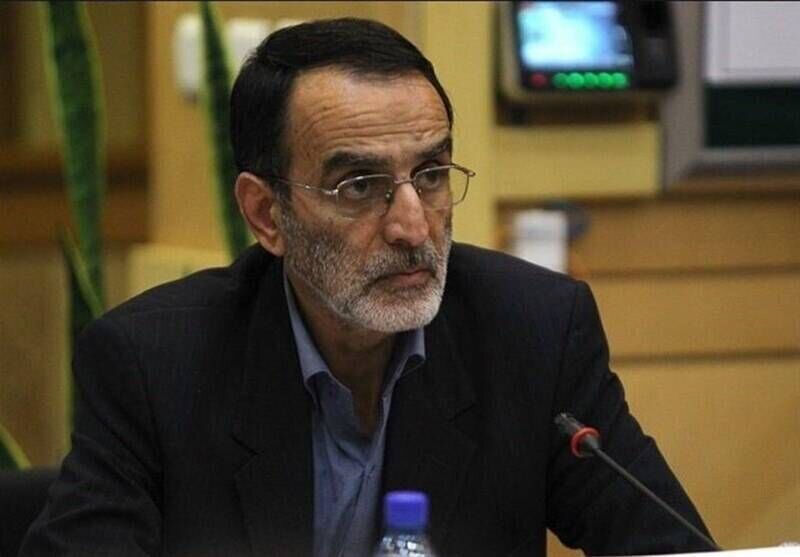Raisi brought about ‘unique’ change in Iranian foreign policy: MP

TEHRAN – Javad Karimi Quddousi, a member of the Iranian parliament’s National Security and Foreign Policy Committee, has praised the foreign policy agenda of the Raisi administration, saying that it has brought about a unique change in the Iranian foreign policy.
“One of the most important programs of the 13th government is to restore relations with neighboring countries, which has always been emphasized by the late Imam and the Supreme Leader of the revolution in the foreign policy of the Islamic Republic of Iran,” he said in remarks to state news agency IRNA.
He added, “All neighboring countries of Iran are Muslim and the civilization field of these countries is common. For example, when you enter the country of Kazakhstan and some of its buildings and mosques, it is as if you have entered Goharshad Mosque in Mashhad. Because the cultural works, dialect and borders of these two countries are completely similar to each other and these cultural commonalities apply to other neighbors as well.”
He noted, “But the enemies and the colonialists tried for many years to expand the unity in their lands and form unions like the European Union. But on the other hand, they promote the politics of division among Muslims and Islamic countries. Of course, unfortunately, the previous government and the previous Ministry of Foreign Affairs followed this view and policy and only focused on European countries.”
The lawmaker said U.S. sanctions had a negative impact on Iran in previous times because Iran’s relations with neighboring countries were not favorable.
“Sanctions were also effective in cases where our relations with neighboring countries were strained in the previous government. When I asked Saif (Valiullah Saif, the former governor of the Central Bank) to make bilateral agreements for the exchange of national currencies between other countries, his answer was that this issue was not realized. While diplomacy and many trips between countries are for the realization of this goal,” he stated.
Qoddousi added, “The 13th government created a unique and unprecedented transformation in foreign relations with neighboring countries in the shortest time. Membership in unions such as Shanghai [SCO], Eurasia, (and possibly) BRICS, etc., signing important agreements with countries in the region and the world in various fields are among the successful goals of the 13th government that have been achieved.”
He noted, “Iran is one of the ancient lands of the world, which has a very deep scientific and cultural civilization and a high military position, and it is not an emerging power. Rather, the enemies always tried to make Iran's power invisible and the Islamic Republic of Iran not to be in its place.”
He stated, “Until the Islamic Republic of Iran reaches its true position, it will not rest. Because the lofty position is the right of Iran and any civilization like Iran, but the colonial system has tried to distance Islamic Iran from its true position in the past years.”
He concluded, “Iran has the right and ability to participate in important international agreements and this matter is for the benefit of Iran and other countries. Because Iran is located at the crossroads of North-South and East-West countries of the world, and we will see the impact of this strategic location in the near future.”
President Ebrahim Raisi gave a new boost to his administration’s policy of cementing ties with Iran’s neighbors as part of new foreign policy agenda. He has recently met with a number of foreign leaders on the sidelines of the 6th summit of the Caspian Sea littoral states, which provided him with a unique opportunity to advance his “neighborhood policy”. It marked a new orientation in Iran’s foreign policy which is aimed at strengthening ties with neighbors.
President Raisi visited Turkmenistan with a clear goal in mind: further advancing the neighborhood policy. In his meeting with the Chairman of the People's Council of Turkmenistan, Gurbanguly Berdimuhamedow, Raisi said his administration “has a special program in the field of foreign policy to develop neighborly relations, and Iran-Turkmenistan relations are expanding rapidly based on extensive cooperation and mutual trust.”
He reiterated this in his meeting with Turkmen President Serdar Berdimuhamedow, saying that his administration “attaches a special priority to develop relations and cooperation with neighbors.”
Leave a Comment